Interview: Jeanette Finlayson – Central Queensland Family History Association
- By Aaron
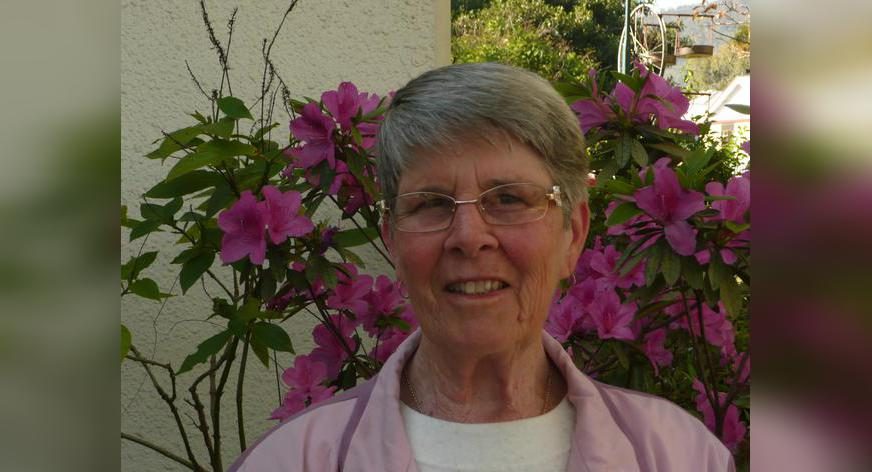

 This week we talk to Jeanette Finlayson from the Central Queensland Family History Association. Queensland is a large state in Australia’s northeast.
This week we talk to Jeanette Finlayson from the Central Queensland Family History Association. Queensland is a large state in Australia’s northeast.
Tell us a bit about yourself, Jeanette. How did you get into family history research and why are you so heavily involved with it now?
I am a retired teacher. Many years ago, I was having a conversation with one of my cousins from my Mother’s side. He was saying how fortunate we were that our ancestors had the foresight to migrate to this country. Of course, I agreed with him, and then thought how little I actually knew about their story, so I decided that as soon as I retired I would find out as much as I could about my maternal German ancestors and my Irish paternal ancestors. I have now been researching for 14 years, and have been richly rewarded by what I have found, and the people I have met. The story of my ancestors was one of hardship and sacrifices, and required great courage in their fight for survival in their new country. I am greatly indebted to them for the comfortable life I have today.
What’s the background of your surname? Are there any interesting stories in your family tree?
My maiden name is HUEY.. A couple of theories have been put forward about the origins of the surname but the one most plausible to me is that it is of Huguenot origin. Other variations of Flemish Huguenot names are HUE, HUET and HUGHE, which are names supposedly derived from the personal name of Hugh, meaning “Heart and mind”. All my Huey ancestors were staunch Presbyterians who called themselves Scotch/Irish. Stories handed down state the Hueys fled France after the revocation of the Edict of Nantes in 1685 which declared Protestantism illegal in that country. They then settled in Scotland, and then later moved to Ireland. All of these moves were reportedly because of their religious faith. Their staunch Presbyterianism has been the source of much conflict for centuries.
What’s your role at Central Queensland Family History Association (CQFHS)?
My role in CQFHA is minutes secretary, and has been for several years. I am also a library assistant, and am helping with indexing and research requests.
Tell us more about CQFHS.
CQFHA was formed in May 1986 to accommodate the growing demand for genealogical records. We have recently been trialing having our monthly meeting on the first Saturday of the month at 10am, instead of the Wednesday night meeting, and attendances have improved slightly.
What are some CQFHS key activities?
We have our own building, situated on the corner of Renshaw & Highway Streets in Park Avenue, North Rockhampton. Our library is open on Tuesday, Friday and Saturday from 1-4pm, and on Thursday morning 9am-noon. We have an extensive library of books, CDs, microfiche, microfilm, and journals from many associations. Our membership currently stands at 84 single and 12 family memberships plus seven life members and one overseas member.
Do you have an upcoming event you’d like to promote?
CQFHA has a very active project team which has produced several books on the area, after gleaning material from old newspapers. Over 11,000 photos of headstones from our cemeteries are on memory sticks which are for sale, while many other cemetery headstones have been photographed and are on CDs. The Livingstone Shire Rate Books and the Fire Brigade records are currently being indexed. We produce a quarterly journal called “The CQ Genealogist”, and also have a very good website which I strongly recommend you visit.
You’ve clearly been doing this for some time now. How do you see the Internet affecting genealogy / family history researchers?
The Internet has been a wonderful asset to family historians, making it much easier and faster to obtain information. However, we have to be forever mindful that the information on the internet is not always true, and should be cross-checked where ever possible.
What effect do you think DNA profiling will have on family history research?
DNA can be helpful in breaking down brick walls, but has not been very productive in my case. It depends on the number of people who do the test, and obviously not too many of my unknown relatives have participated. On the other hand I have found numerous third, fourth and fifth cousins, but the paper trail has not gone back far enough for me to work out where they fit in. Maybe one day some of the secrets will be revealed. DNA has shown that my ancestry is 99% European.
Do you have any tips for someone starting out on the genealogical journey?
I would advise newcomers to join a genealogy or family history association to receive help and guidance at the start, and to talk to other members about their research. The friendships formed at these associations are an added bonus. Our association generally runs a beginner’s course each year, which is always very helpful, and hand-out sheets are given, to get people started on their journey, and also to warn them of pitfalls which they may encounter.
If someone wants to find out more about what you or the CQFHS do, how can they contact you?
To find out more about CQFHA, go to our website, http://www.cqfamilyhistory.org.au; email us at secretary@cqfamilyhistory.org.au; or write to us at: P.O. Box 10099, Frenchville, QLD 4701 AUSTRALIA

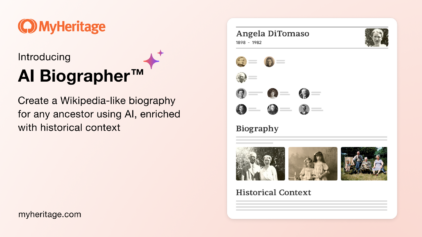
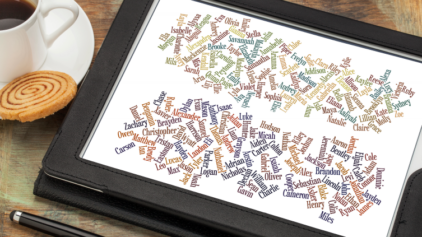
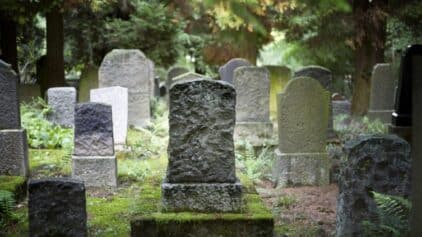
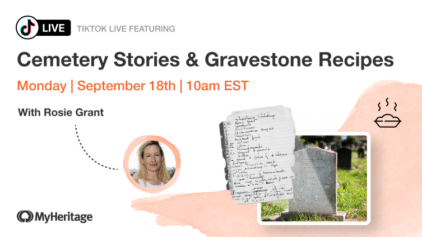
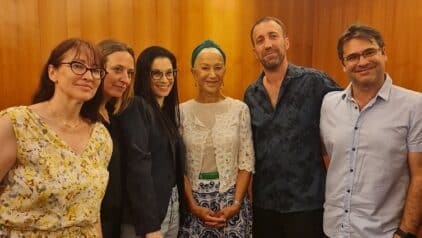
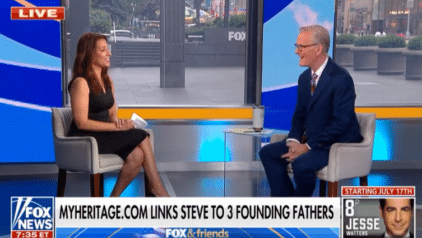
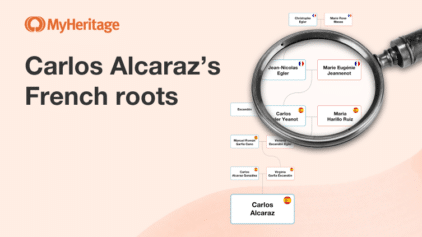
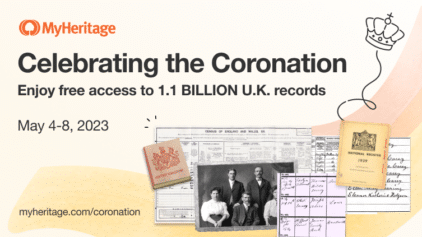

Robert watt
September 22, 2011
I just wish there were more associations willing to help new beginners on their ancestry search,
I do answer lots of other people’s queries on Irish history.
Robert Watt.